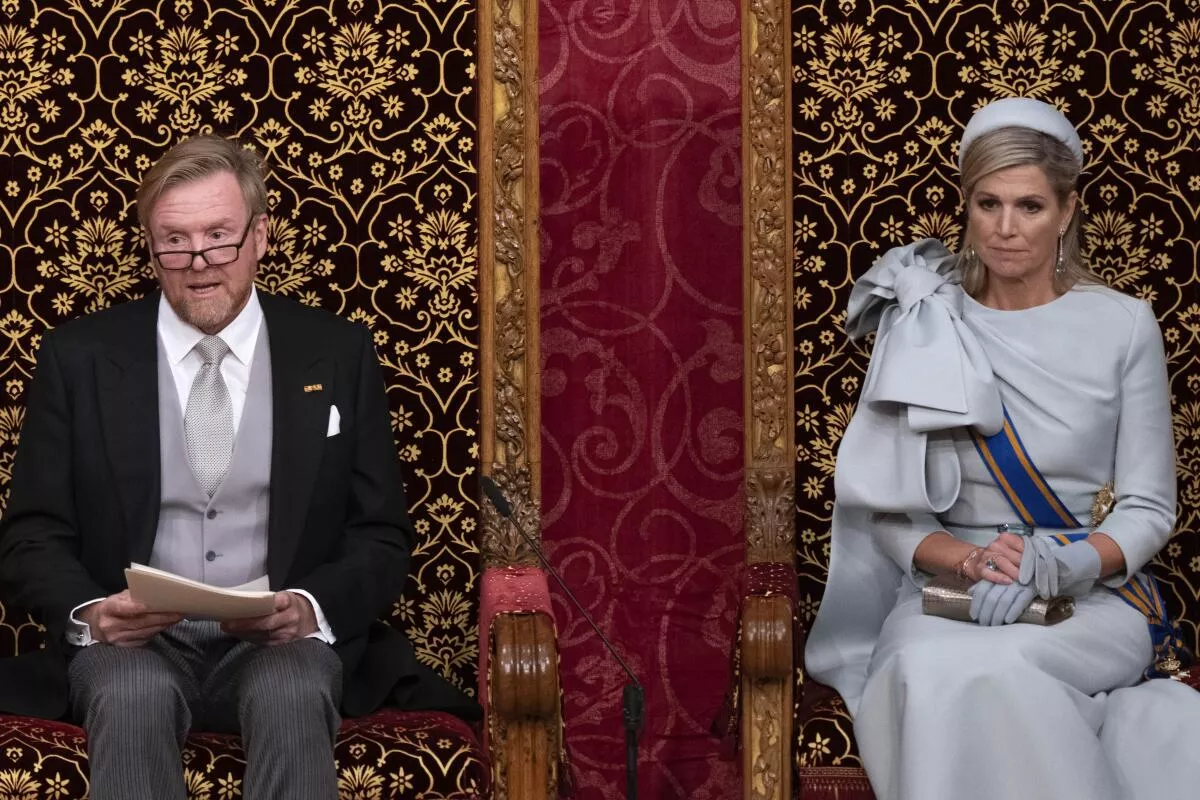What to know about fragmented Dutch political landscape ahead of elections
The Netherlands is heading toward a decisive general election on October 29, called after the previous government collapsed over disagreements on immigration policy. The vote comes amid growing public discontent with housing shortages, healthcare pressures, and migration concerns — issues that have shaped a turbulent and polarized political climate, leading to the fourth round of elections in nine years.
The far-right Party for Freedom (PVV), led by Geert Wilders, currently leads in most opinion polls, though it remains uncertain whether Wilders will be able to form a governing coalition given that many rival parties have vowed to exclude him, as reported by Dutch media outlets.
The fragmented Dutch political system — with 15 parties expected to win seats — means coalition-building will once again be critical to forming a government.
The election follows the June 2024 breakdown of the governing coalition, which included the PVV, after a dispute over stricter migration measures. Wilders’ PVV had already won the previous November 2023 elections, securing 37 seats, followed by the GroenLinks-PvdA alliance under former European Commissioner Frans Timmermans with 24 seats. No party, however, commands an outright majority in the 150-seat parliament, a hallmark of Dutch politics.
Recent polls show growing voter concern about the housing market, with nearly two-thirds demanding more affordable options. Healthcare, especially among older voters, ranks second, while immigration remains the dominant issue for right-wing supporters, according to recent polls.
While all parties agree on expanding housing construction and defence spending, they differ sharply on how to pay for these initiatives.
The following is a list of parties and their respective leaders that are dominating this election cycle:
Freedom Party (PVV) – Geert Wilders
The PVV campaign has centered on halting asylum applications and rejecting what Wilders calls “woke-ideology gone mad.” Its manifesto opens with the declaration: “This is YOUR country! The Netherlands is full, overfull, bursting at the seams.” Wilders, himself of mixed Dutch-Indonesian heritage, has pledged to cut spending on development aid, close borders, and repatriate male Ukrainian refugees, redirecting the savings toward domestic energy and healthcare benefits.
Christian Democrats (CDA) – Henri Bontenbal
The CDA, once a dominant political force, suffered its worst-ever result in the 2023 election but has recently regained ground. Under new leader Henri Bontenbal, the party is campaigning on promises of stable governance and affordable housing, positioning itself as a moderate, pragmatic alternative. Polls suggest the CDA is roughly tied with GroenLinks-PvdA at around 15% support.
GroenLinks-PvdA – Frans Timmermans
The recently merged GreenLeft-Social Democrat alliance, led by Frans Timmermans, is running on a platform emphasizing “solidarity.” The alliance advocates for more affordable housing, environmental reforms, and a fairer distribution of wealth. Timmermans, a former European Commissioner for Climate Action, has sought to rally progressive voters disillusioned by the political gridlock of recent years.
Democrats 66 (D66) – Rob Jetten
Under Rob Jetten, D66 has seen a modest recovery during the campaign, polling ahead of the VVD for the first time in years. The liberal democratic party’s main pledges include accelerating housing construction, increasing education spending, and investing in clean technology.
People’s Party for Freedom and Democracy (VVD) – Dilan Yeşilgöz
The VVD, the party of former prime minister Mark Rutte, has struggled under new leader Dilan Yeşilgöz, who was born in Ankara. The party’s campaign focuses on tax cuts for businesses and higher defence spending financed through reductions in social security programs. However, the VVD has trended downward and faces what analysts describe as a “historic defeat,” following losses in the previous election.
Smaller parties are expected to play an outsized role in post-election coalition talks. The New Social Contract (NSC) party, part of the outgoing government, may fail to retain seats, while JA21, a right-wing populist group, is projected to gain around 8%. With so many small parties vying for representation, analysts expect that a minimum of four parties will be required to form a majority government.

Fragmented political landscape worries royal household
Coalition negotiations traditionally produce a formal governing agreement outlining the administration’s four-year agenda. Once an agreement is reached, King Willem-Alexander officially appoints the new cabinet, which must then present its program to parliament.
In a rare public comment on politics, King Willem-Alexander addressed the nation’s growing polarization in his September speech from the throne, urging a return to compromise:
“Unfortunately, people in the Netherlands seem increasingly to be at loggerheads — on the street, online, at our universities, and not least in The Hague,” he said. “They have entrenched opinions for or against, black or white. As if one person being right automatically makes another wrong, while in reality the situation is almost always far more complex than that.”
As voters prepare to cast their ballots, the Netherlands faces yet another test of its consensus-driven democracy — the fourth general election in less than nine years.
By Nazrin Sadigova








